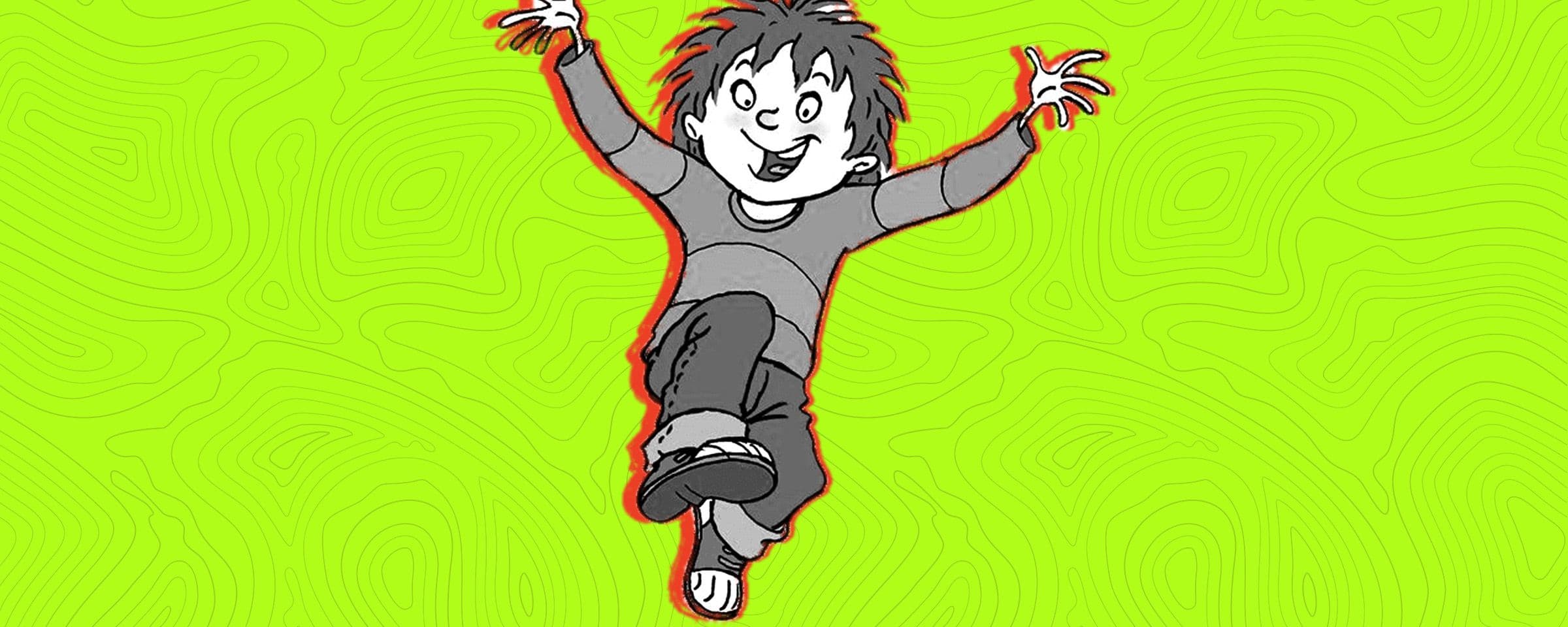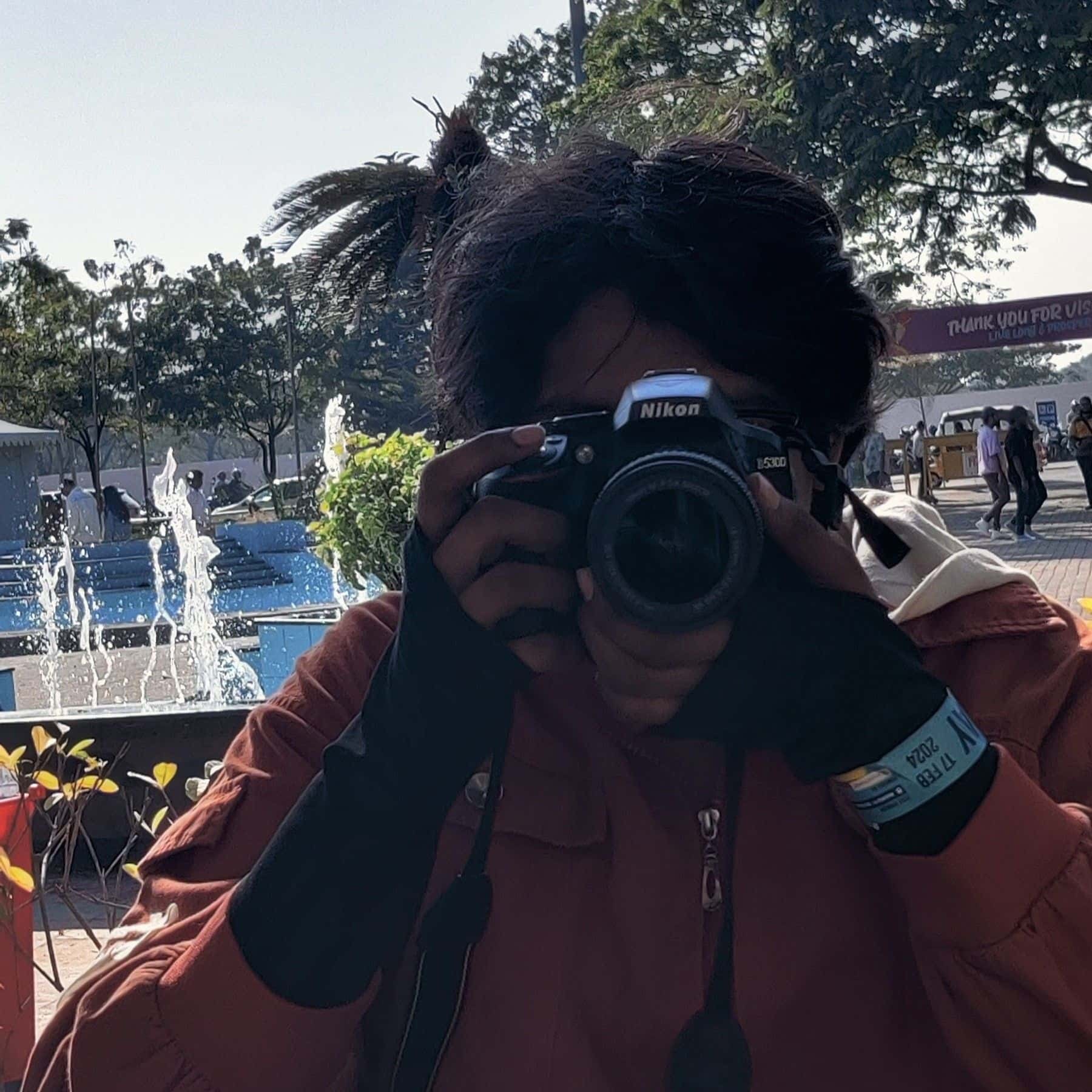Top Mental Health Apps in 2024 – What’s Worth Downloading

Introduction
Technology, for all its faults, has the ability to bring two seemingly unreachable points to make something new. Its omnipresence has become so normalised that its absence is what puzzles people. And for the layman, technology has done more than bring the resources to him. It's given him the tools to use these resources.
Chronic illnesses, mainly mental health issues, are now manageable and monitored without spending thousands of rupees at the hospital. Not all of those mental health apps are doing a good job, but many of them are genuinely trying. This blog highlights those who try to give and be the best in an industry that is quick to capitalise on the vulnerable.
The Rise of Mental Health Apps
A couple of decades back, telling someone to download something on their cellular phone to reduce their mental stress would’ve landed you in considerable physical stress. But now, along with 4k wallpapers, relief for mental health issues is also downloadable.
The past decade has seen a surge in the development of mental health apps. These apps offer a range of tools and resources to help individuals manage stress, anxiety, depression, and other mental health challenges. From meditation apps to cognitive-behavioural therapy (CBT) programs, there's an app for almost every mental health need.
Anxiety and Stress Management Apps
Anxiety and stress are the world's most common mental health issues. That's why developing technology that can provide valuable tools to cope with these challenges is as important as spreading awareness about them and normalising them.
Anxiety management apps often include features like guided meditations, breathing exercises, and a few CBT techniques. These apps can help users identify triggers, challenge negative thought patterns, and develop healthier coping mechanisms to eventually break away from self-destructive ones.
Here are the Kofuku picks:
MindShift CBT - Anxiety Relief
MindShift CBT is a free app developed by the Anxiety and Depression Association of America (ADAA). It offers CBT techniques to help users manage their anxiety and stress. The app has several lessons on understanding anxiety, challenging negative thoughts, and developing better-coping skills to educate the users. MindShift CBT is available for both iOS and Android devices, so it is a great app to have when you feel stressed after scrolling stalking your successful friends.
Wysa
This is a bit on the left side because it's a chatbot. However, Wysa does offer personalised support for mental health. Users can chat with Wysa's AI-powered chatbot to learn some coping and relaxation techniques and receive encouragement when needed. Wysa offers a free tier with limited features and a premium tier with additional benefits.
Mood Tracking Apps
Mood-tracking apps are especially helpful to people with mood disorders like depression or bipolar disorder. It allows users to monitor their emotions over time, identifying patterns and triggers. By tracking their moods, users can learn a bit more about their condition and work with their healthcare providers to develop effective treatment plans. These are genuinely supportive for people with mood disorders who are going through therapy.
Amaha
Amaha is an all-in-one mood-tracking app that allows users to record their emotions, activities, and sleep patterns. The app also provides updated information on mood trends, identifies triggers, and offers tools for managing stress and anxiety through blogs and expert advice. The app has a free trial and then a subscription-based premium version.
Daylio
It's a cute app that makes everyone want to use it. Daylio Journal lets users record their emotions and activities with a single tap. Its interface is pretty simple to understand and navigate, which helps a lot for people struggling with emotions. The app visualises mood trends and integrates with other health and fitness apps for health monitoring and tracking purposes. It has a free version with limited features and a premium version with customisation options.
Meditation and Mindfulness Apps
Many studies empirically show that meditation and mindfulness can help reduce stress, anxiety, and depression. So, meditation apps offer guided meditations, breathing exercises, and helpful mindfulness techniques to help users practice peace and calm.
Headspace
Headspace is one of the most popular meditation apps on the Play Store. It offers guided meditations for various purposes, including stress reduction, sleep quality improvement, and increased focus. The app has a free trial and a subscription-based premium version with additional features and content.
Therapy Apps
While therapy apps cannot replace the benefits of in-person or even online therapy, they can be a valuable supplement for many who lack the means or the resources to go for the former. Some therapy apps offer CBT programs to encourage them to identify and challenge negative thought patterns. Other apps provide tools for self-help and support groups.
Mindpeers
Mindpeers is an Indian-based social networking app for mental health support. It allows users to connect with others who share similar experiences and receive support from an inclusive community. Mindpeers offers a free version with limited features and a premium version with additional benefits.

The Benefits of Using Mental Health Apps
These apps offer several benefits, including but not limited to:
Accessibility: These apps can be accessed anytime, anywhere, making it easier to seek support when needed.
Affordability: Many mental health apps are free or offer affordable subscription options, making them accessible to diverse individuals.
Anonymity: They provide a safe and anonymous space for individuals to seek help without fear of judgment. Even after a huge surge of awareness campaigns, there are still people who discriminate and judge.
Personalised Support: Many apps offer personalised recommendations and tracking tools to help users tailor their mental health journey to their liking. Comparatively, other forms of tools are too limiting and restrictive.

Considerations and Limitations
While mental health apps can be a valuable tool, it's important to remember that they are not a substitute for professional help. If you or your loved one is experiencing severe mental health symptoms, it's better to consult with a qualified mental health professional than find solace in supportive apps because they are just that: support or add-on when you are already getting help.
It's also important to choose apps that are reputable and evidence-based. In addition to our list, look for apps developed by mental health professionals or organisations with positive user reviews.
Conclusion
Technology definitely has the potential to revolutionise mental health care. In fact, it already has in many ways. By leveraging mental health apps, anyone can access support, tools, and resources to manage their mental health and improve their overall well-being. That is the true success of this amalgamation between tech and mental health. Through constant awareness and demand for proper health care, we've spotlighted traditional healthcare's shortcomings while not disregarding them completely.
As we said, these supportive tools are meant to be used only in cohorts with consistent and personal care. We hope that you use them responsibly and moderately as and when needed!

Your Comprehensive Guide to Holistic Health and Wellness

Understanding Anxiety – Signs, Causes, Symptoms

Expressing Mental Health Vulnerability – Why It's Important


